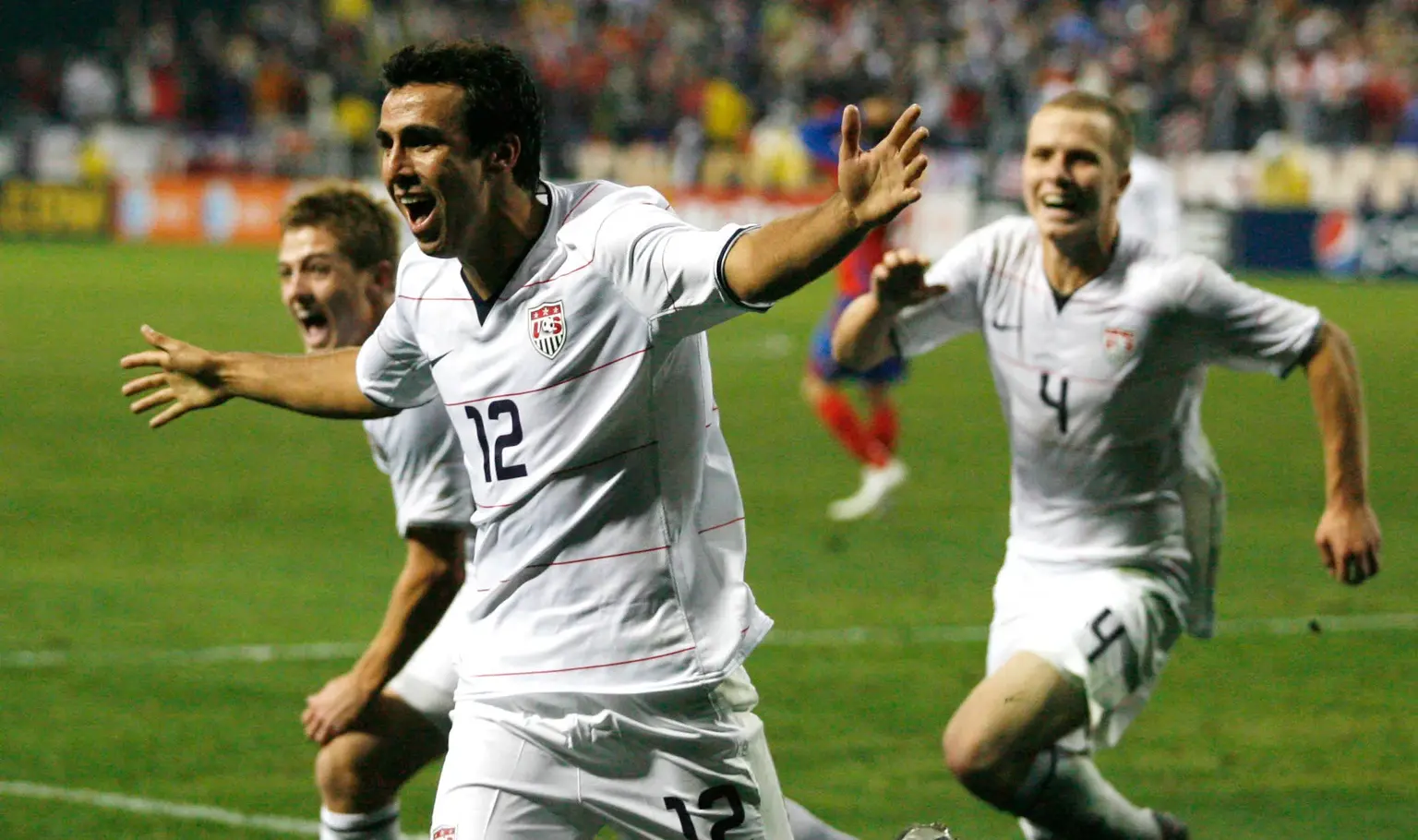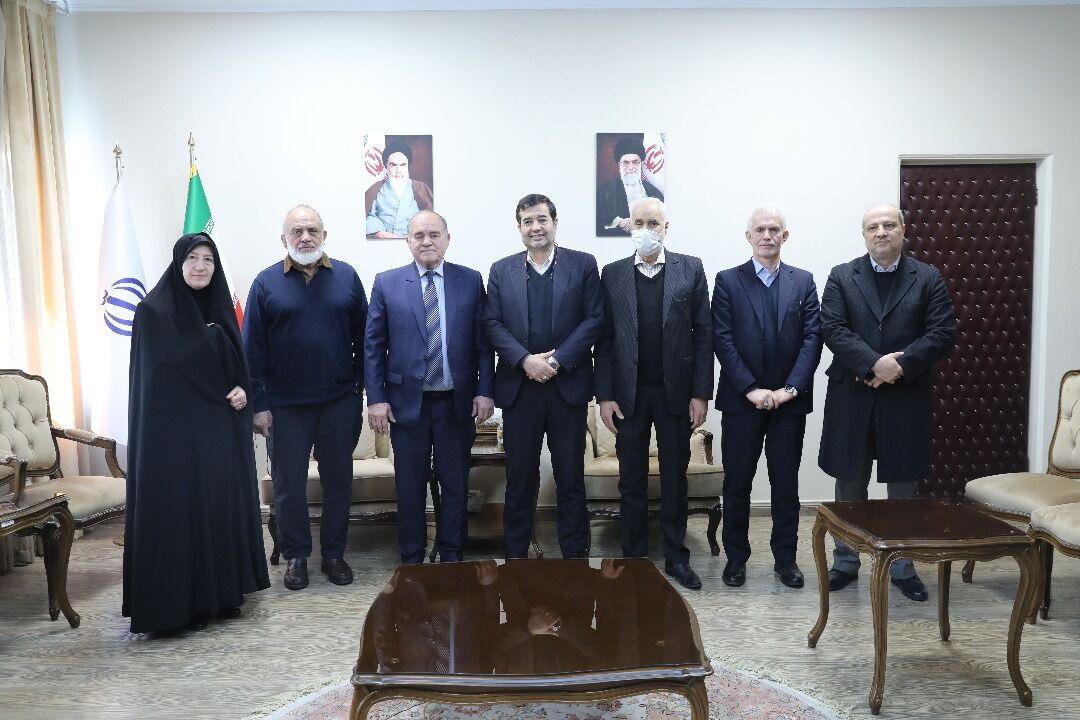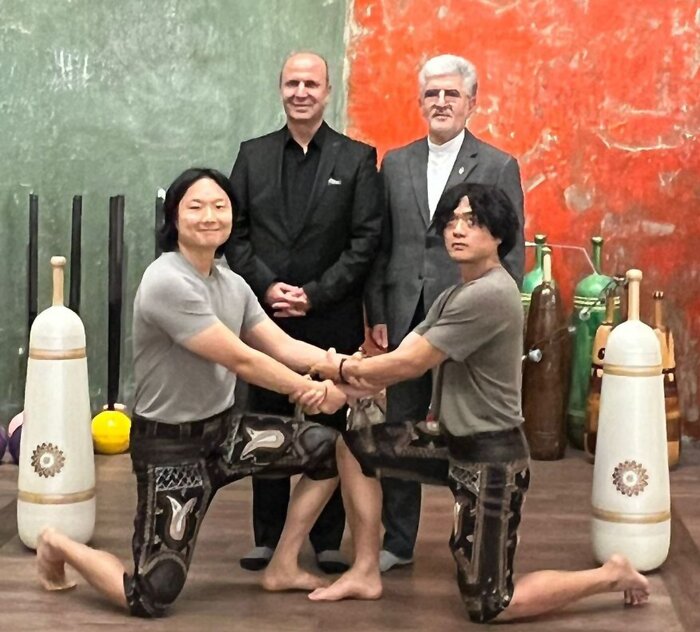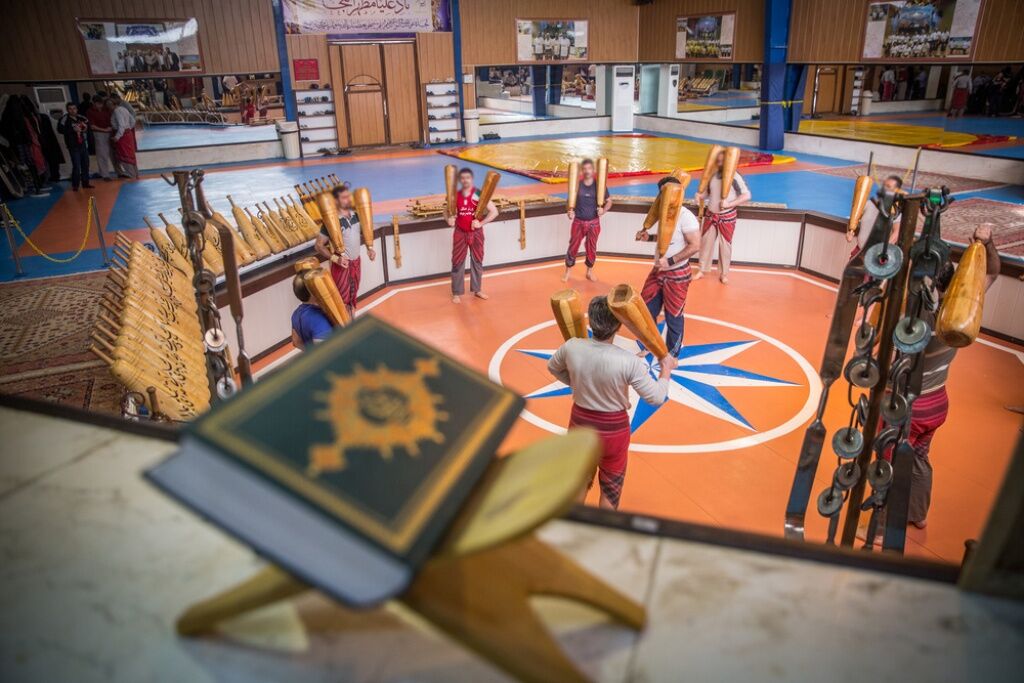Prior to 14 October 2009, if you had gone anywhere in Honduras and said the name Jonathan Bornstein you probably would have received a blank expression.
But since that day, the mere mention of the former USA left back draws a wide smile and evokes memories of one of the Central American country’s happiest nights. What happened to produce that change is the stuff of legend.
Bornstein, a native of southern California, scored in the final seconds to give his country a dramatic 2-2 draw against Costa Rica on the final day of qualifying for 2010 FIFA World Cup South Africa™. USA had already qualified for the tournament in the prior match, but Bornstein’s goal elevated Honduras to their first World Cup in 28 years and sent Costa Rica to the inter-continental play-off.
It was already an emotional night for Bornstein and his team-mates since it came a day after striker Charlie Davies had been involved in a serious car accident. Yet the remaining image of that night is of Bornstein scoring and becoming a Honduran folk hero that led to one of the most unusual and unexpected connections between a country and a player.
Now an assistant coach for the women’s soccer team at Florida State University, Bornstein recalled that incredible night with FIFA and spoke about his affinity for the Honduran people ever since.
Can you believe that it’s already been 15 years since that goal?
Jonathan Bornstein: It’s just crazy. I’m coaching girls now who were barely born when that goal happened. The time has flown by. Obviously, it was a big moment in my career, personally. It’s really cool to now look back on it, even 15 years later. It’s pretty impactful.
It was already an emotional night after what happened to Charlie Davies and the fans paying tribute to him. What were you feeling going into the game?
We were completely devastated and very sad. There was a lot of unknown about Charlie’s status, what had happened, why it happened. I think there was a very somber feel to the team. We were all very worried about our team-mate. We were all talking among ourselves, saying, “We’ve got to perform for Charlie. We’ve got to first play this game.” It’s tough, but you’ve got to forget about it and go out there and perform. If anything, let’s use it for motivation.
You go down 2-0 but then rally to get the 2-2 draw. Why was it so important to do that?
We had respect for the fact that it was a World Cup qualifier, we also wanted to finish first in [qualifying] that year and of course we wanted to do it for Charlie. Another one is just a general mentality that we don’t want to lose. I think that team specifically, and what I like to think of as an American mentality, is that you just never give up. It’s not over until the last whistle is blown.
What do you remember about the goal?
I just took it upon myself to get into the box and just go for it. I saw the corner get hit, saw where it was going to land and just ran into that space. I remember the ball coming and I’m like, I’m still free. I’m going up for this. No one’s around me. Everything else is kind of a blur. You just jump and hit it and then it goes in the goal. Then it was like, what just happened? It was a pretty cool moment.
What do you remember feeling?
Exhilaration. I was so happy. It was a game-tying goal, but it was also, like you said, the last goal for our team to steal a point. We needed that point to then go on and finish first in our group, which was a big deal because you get different opponents in the World Cup for finishing first in qualifying. I remember thinking, I just wanted to help my team succeed. I was extremely happy and running to the corner flag. You can see the reaction in the videos from all my team-mates as well, how much it meant to them.
A couple thousand miles away in Honduras, your goal sparked celebrations. When was the first time you realized that you were suddenly a Honduran hero?
The first time I heard about it was actually in the press conference right after the game. One reporter asked me, “Do you know that your goal eliminated Costa Rica and sent Honduras to the World Cup for the first time in 30 years?” I think I was speechless. The next day I was watching a show on ESPN and they showed images of Honduras, and people are going crazy in the streets and just celebrating. That’s kind of always stuck with me. Seeing those images and the fact that it happened 15 years ago and the Honduran people still appreciate it so much, it’s pretty special.
How often are you reminded of that goal by Honduras fans?
Pretty often. I actually just got rid of my Instagram. I’m still on Twitter, but before, it was mostly coming in on Instagram, especially around this time of year. There would be a lot of people always reaching out and saying, you know, thank you for the goal.
At the end of your career you actually played in Honduras for Vida. What was that like?
I felt like I wanted to give back and truly meet and get to know the country that had shown me so much support over the years. It’s a very, very symbiotic relationship. They obviously really enjoyed what I did in that moment, and I’m very grateful for the support.
Were you applauded by the fans in every away game you played?
Yeah, it was pretty amazing. I had seen that one other time in my career, and I’m not saying this to compare myself with this person, but I played in Mexico at Queretaro with Ronaldinho and the fans everywhere would call his name and cheer for him. When I went to Honduras it was on a smaller scale, but when we would go play in away stadiums, people would cheer and they’d want to always take pictures. I felt a little like Ronaldinho (laughs).
What does it mean to you to be part of Honduran football lore?
It means a great deal. I feel like every kid plays this sport to be part of something big and be part of big moments and to have a positive impact. Also, I think I’m probably the only person in the world who has that relationship with Honduras, right? That’s pretty cool too. Those eight million people and I have this special connection, which isn’t normal and it’s pretty special, to be honest.
Is it true you were offered a vacation to Roatan by the Honduran president at the time?
It is true. He offered me a trip to go to Roatan but I didn’t make it at the time, but when I went to play for Vida, which is in La Ceiba, I went because Roatan is only like a 25-minute flight. I went and I didn’t pay for one thing while I was on the island, which was pretty cool.
I had a contact, a Honduran guy from Roatan named Ernie who I met on a train in Chicago after I scored the goal. He had recognized me. He said his father owned a hotel in Roatan and he said I could go whenever I wanted, that I was welcome. We stayed in touch and fourteen years later, I called him and I went!
They just welcomed me with open arms, showed me their house and gave me a car to use. I was able to drive myself around and go all these places. They owned the golf course that was on the island and they invited me to play. I just have to say that the Honduran people are extremely welcoming and I appreciate everything and everyone who played a part in that.
- نویسنده : محمد مهدی اسماعیلی رها





























Friday, 5 December , 2025